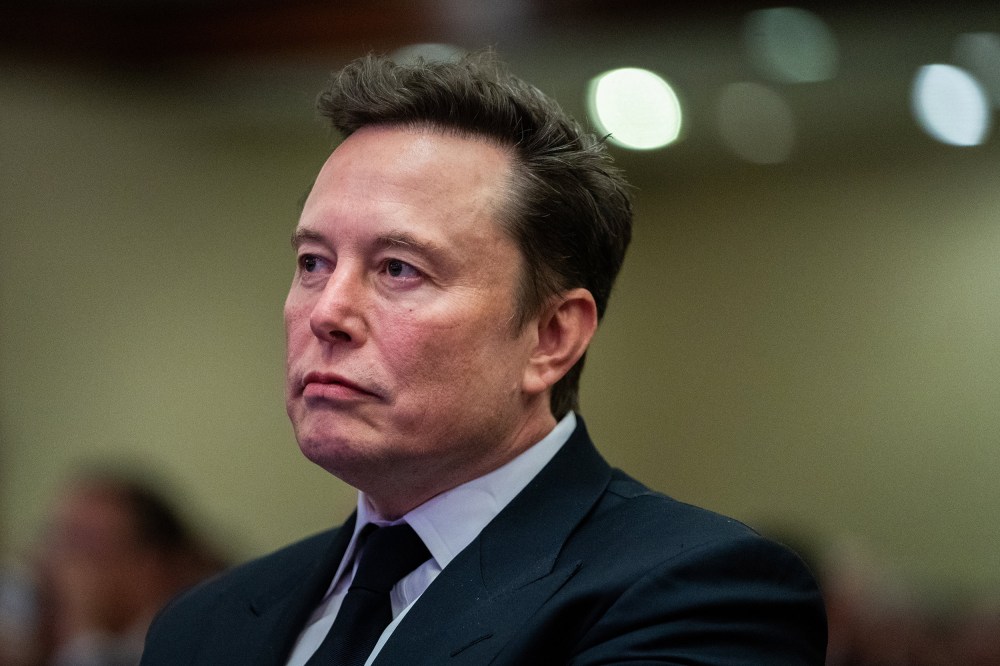The Silicon Valley Bros are not fans of the Consumer Financial Protection Bureau. Elon Musk would like you to know that he believes the bureau is an unnecessary bureaucratic hiccup and one that should not exist. “Delete CFPB,” he posted on X last week, adding it’s “duplicative,” a perfect target, he seemed to indicate, for his DOGE commission to improve government efficiency. Musk’s comment was in response to, yes, another post, this one detailing claims about the agency made by venture capitalist Marc Andreessen on Joe Rogan’s popular podcast. Andreessen claimed the CFPB is the personal fiefdom of Sen. Elizabeth Warren, D-Mass., and that it pursues political and business vendettas against Republicans and small, scrappy fintech startups on behalf of Democrats and the big banks.
None of this is true. The amount of bad faith and seemingly deliberate duplicity on display here — by Musk, Andreessen and many who support them online — is staggering. The CFPB aims to protect to the American people from vested financial interests big and small, ranging from too-big-to-fail banks to fly-by-night payday loan lenders to Silicon Valley fintech startups. Almost all these interests hate it, not because the agency is “duplicative,” but precisely because it is not.

Over its almost 13 years, the agency has stopped numerous financial ripoffs and returned billions of dollars to the public. Its mere existence provides an ongoing demonstration of how the government can effectively stand up to big money interests and protect the American people. Fittingly, Musk — and other Silicon Valley titans — want it to go away.
On Rogan’s program, Andreessen claimed the CFPB orders “debanking” — that is, forced shutting down of bank accounts and other financial tools — for those it believes have “the wrong politics.” But debanking is, for the most part, not a CFPB issue — and where it is, the CFPB is doing the exact opposite of what Andreessen claimed. In August, the CFPB filed a brief in a legal case arguing that debanking of religious conservatives is a form of discrimination. At a panel earlier this year, CFPB Director Rohit Chopra argued that this amounts to payment services’ “setting laws or conditions outside of the democratic process.” On Tuesday, the CFPB followed this up by making it clear a proposed new rule would, if finalized stop the sale by data brokers of personal info to scammers, could also combat debanking that occurs because of identify theft or other fraud.
Nor is the CFPB harassing fintech investors or the myriad crypto backers who quickly stepped forward online to claim they would be unfairly unbanked. In some of these cases, it appears that banks are acting pre-emptively in an attempt to comply with money laundering statutes governing banking of the Federal Reserve and federal regulatory agencies like the Office of the Comptroller of the Currency. I happen to agree this is a bit much — I’m no crypto fan, but there is a concept called innocent till proven guilty, after all — but it would help if Andreessen acknowledged that there is plenty of evidence of crypto’s being used to enable cash laundering, tax evasion and other illegal behavior. But again, the CFPB has little to nothing to do with any of this.
However, the CFPB has a lot to do with regulating the fintech space, which is something that Andreessen, Musk and the rest of Silicon Valley are very interested in.











